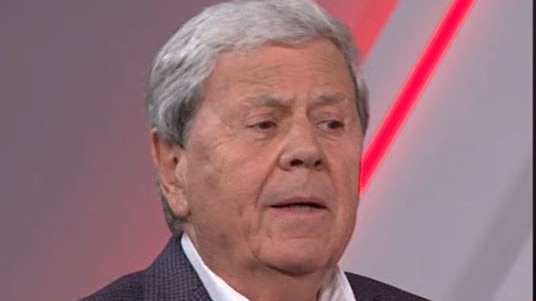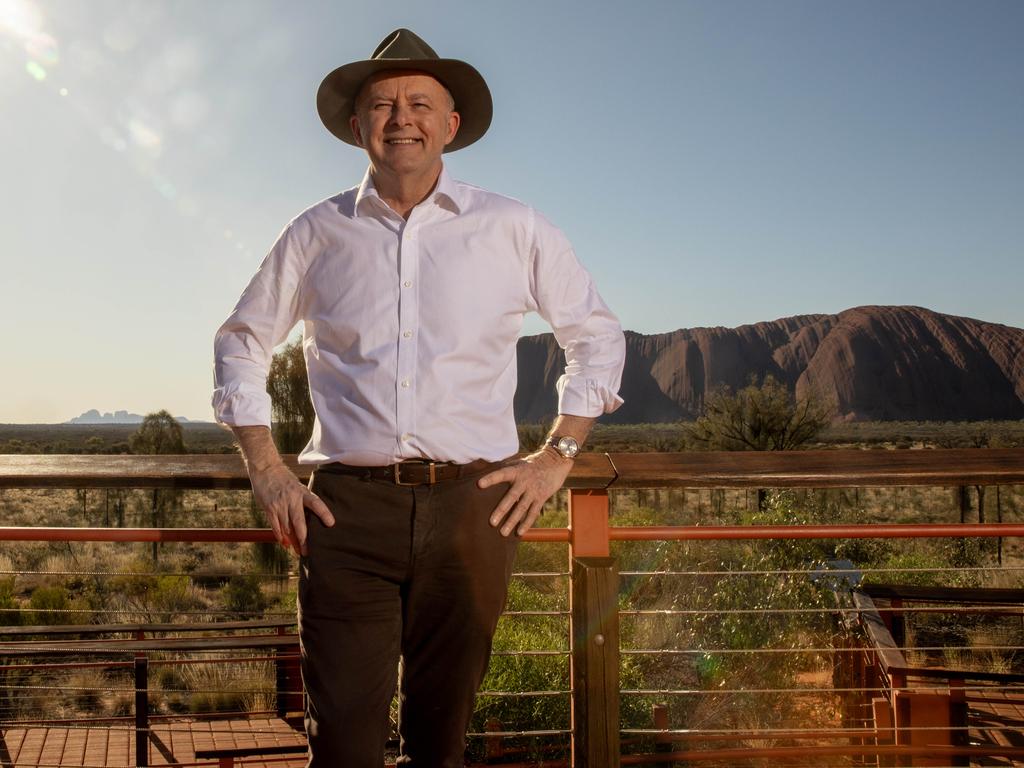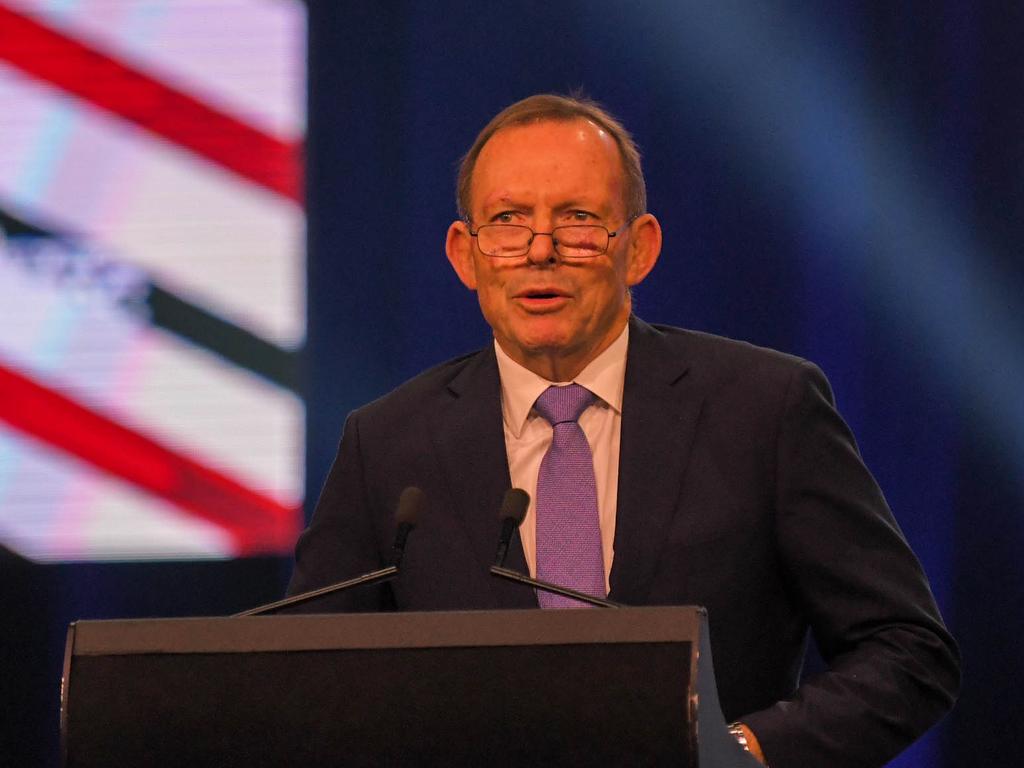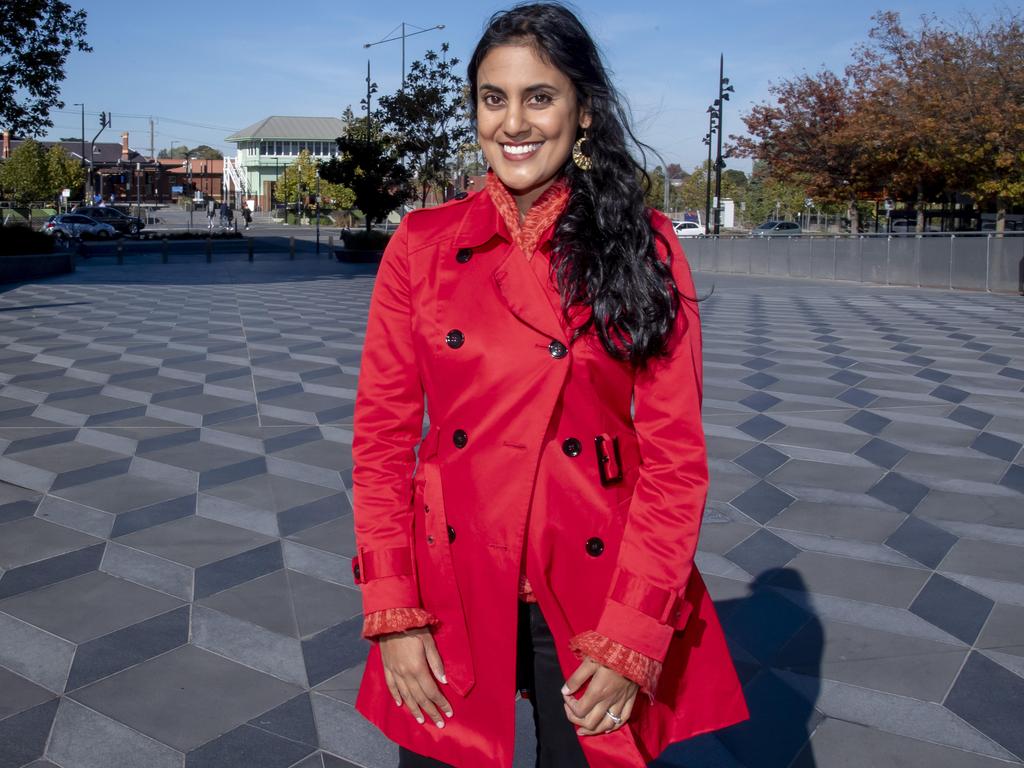
More likely is that the No case wins, perhaps in all states, probably with a healthy margin.
It is always a bad sign in a campaign when you’re focused on your opponent’s slogan, giving it additional airtime the more you whinge about it. Yet that’s what the Yes camp did in the final few weeks. Its claim, supported by “independent” commentators, that it was not good enough for people to vote No if they didn’t know was wrong. Like it or not, people have a democratic right to be uninterested. Or to continue to not understand the proposition after it has been explained to them. That’s a failure of advocacy.
The Yes camp needs to accept that both outcomes are its failure. Uninterest means advocates for change failed to inspire the people with their cause. A lack of understanding of the proposition means the Yes camp didn’t simplify its messages sufficiently to allay people’s concerns. Or its model was flawed to begin with, perhaps including the building blocks before putting it to a referendum.
The upside to compulsory voting is that we don’t marginalise sections of the community the way non-compulsory voting systems often do. It’s a uniquely Australian approach ensuring the centre remains relevant and major parties don’t retreat to their ideological left and right flanks. But when it comes to referendums, compulsory voting makes change that much harder because those not interested or not convinced are still required to vote.
Which is why it is incumbent on anyone proposing change to rise to the challenge and work towards unity, taking the time necessary to demystify the cause they are championing, rather than rushing to failure. Instead, the Yes camp berated those who questioned its cause, accusing them of ignorance or racism, and suggested the world would condemn us if we didn’t vote Yes – an attempt at moral posturing.
The voice wasn’t legislated before being put to a referendum, as had been suggested some time ago by a triumvirate of legal, political and Indigenous voices that should have been listened to early on: former High Court chief justice Murray Gleeson, Bill Shorten and even academic Marcia Langton, if you can believe that given her rhetoric during the campaign.
More recently Langton used the race card to attack her opponents. It was an approach that was not only offensive to the mainstream but also smacked of absurdity once Nyunggai Warren Mundine and Jacinta Nampijinpa Price became the faces of the No campaign. But the Yes campaign had fallen victim to hubris long before either of these Indigenous Australians seriously began to argue against the proposition.
In the aftermath of Labor’s election victory last year the new Prime Minister pinned his first-term agenda on putting a voice in place. Early polling suggested a referendum would win in a canter. Anthony Albanese’s emotional desire for change was compelling.
But those championing that change made the mistake of deciding they didn’t need to work co-operatively or incrementally with sceptics, believing instead they could bulldoze their way to success.
As recently as May this year former human rights commissioner Mick Gooda flagged the possibility of compromise on the wording of the referendum question. He was shot down by voice architect Noel Pearson as a “bedwetter” for having the temerity to seek a third way.
Former television personality Ray Martin led the charge in the final fortnight, calling anyone voting No “a dinosaur or a dickhead” if they “can’t be bothered reading” up on the issues. Insulting people isn’t a great strategy for winning them over. Albanese described Martin’s speech as excellent.
Whatever the final outcome, there will be millions of Australians who vote No reluctantly, with a heavy heart. Who perhaps wouldn’t have done so if the voice had been legislated first, so they could see how it operated. Or if they weren’t insulted and berated while still deciding how they might ultimately cast their vote.
So many major organisations threw their lot in with the voice, many before the details (so far as there have been details released) were shared publicly. These businesses and institutions had the utter temerity to declare iron-clad positions the vote may well reveal are at odds with their workforce, their shareholders, their members and their customers.
I suspect many did so because they assumed the early polling would stand firm. After all, business leaders usually follow. If so, they should chat to the occasional political scientist before declaring their positions in the hope of backing the winner.
There have been countless referendums that start out popular before the campaigns really get going but then sour, especially when bipartisan support isn’t forthcoming. And that’s before you factor in the reality that very few referendums are successful.
As for the political class, it has a duty to come together after this divisive period. We have been told the voice is essential to improve Indigenous disadvantage, yet Albanese confirmed last Sunday if constitutionally enshrining it fails he won’t seek to legislate one.
Talk about throwing the baby out with the bathwater! Confirming, perhaps, that it can’t have been all that important or have that much impact on the ground, beyond the symbolism of constitutional recognition in line with the Uluru Statement from the Heart.
As someone who has advocated treaties for years, I am beyond pissed off at how badly the Yes camp has butchered its advocacy on this issue. But I won’t sugar-coat its failures and simplistically blame the No campaign for challenging the proposition.
That’s democratic pluralism in action. There are legitimate reasons to vote No and anyone contemplating doing so doesn’t deserve to be labelled racists, dickheads or dinosaurs.
Peter van Onselen is a professor of politics and public policy.








The Yes campaign for the voice doesn’t like the No campaign’s slogan “If you don’t know, vote No”. Unfortunately for those advocating change, the slogan appears to have worked. Saturday’s referendum would need to usher in the biggest polling turnaround in Australian history to get up.